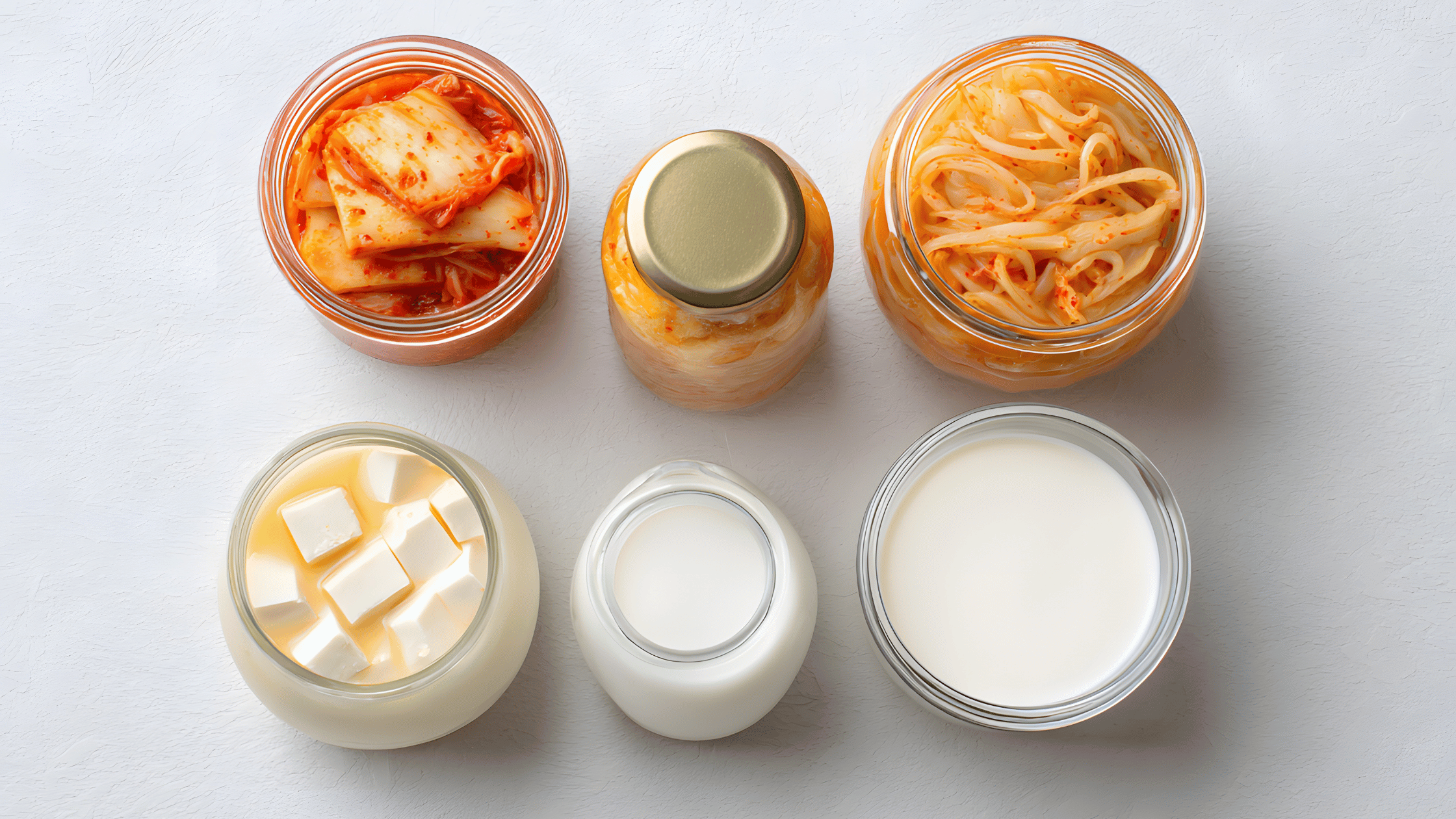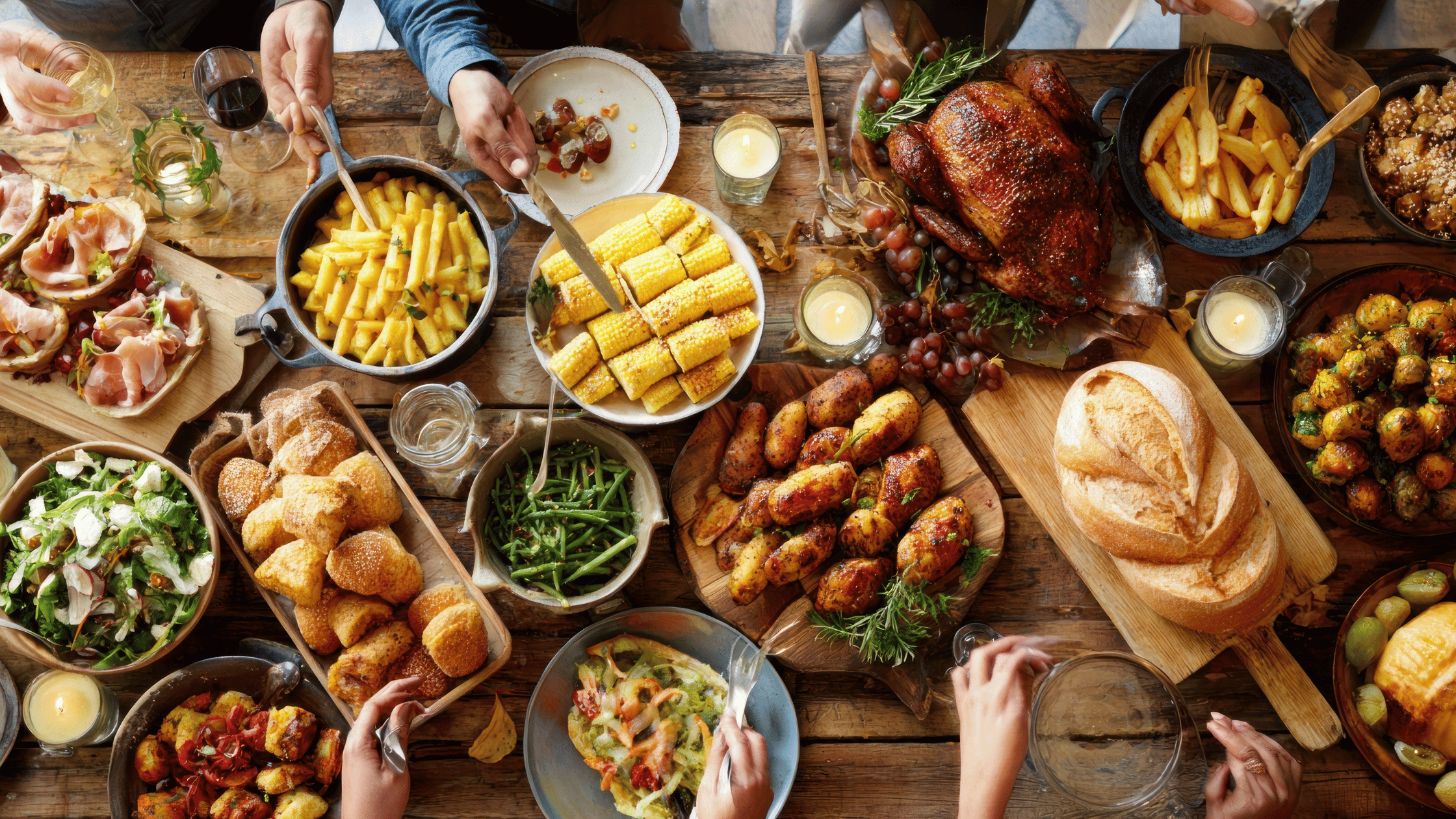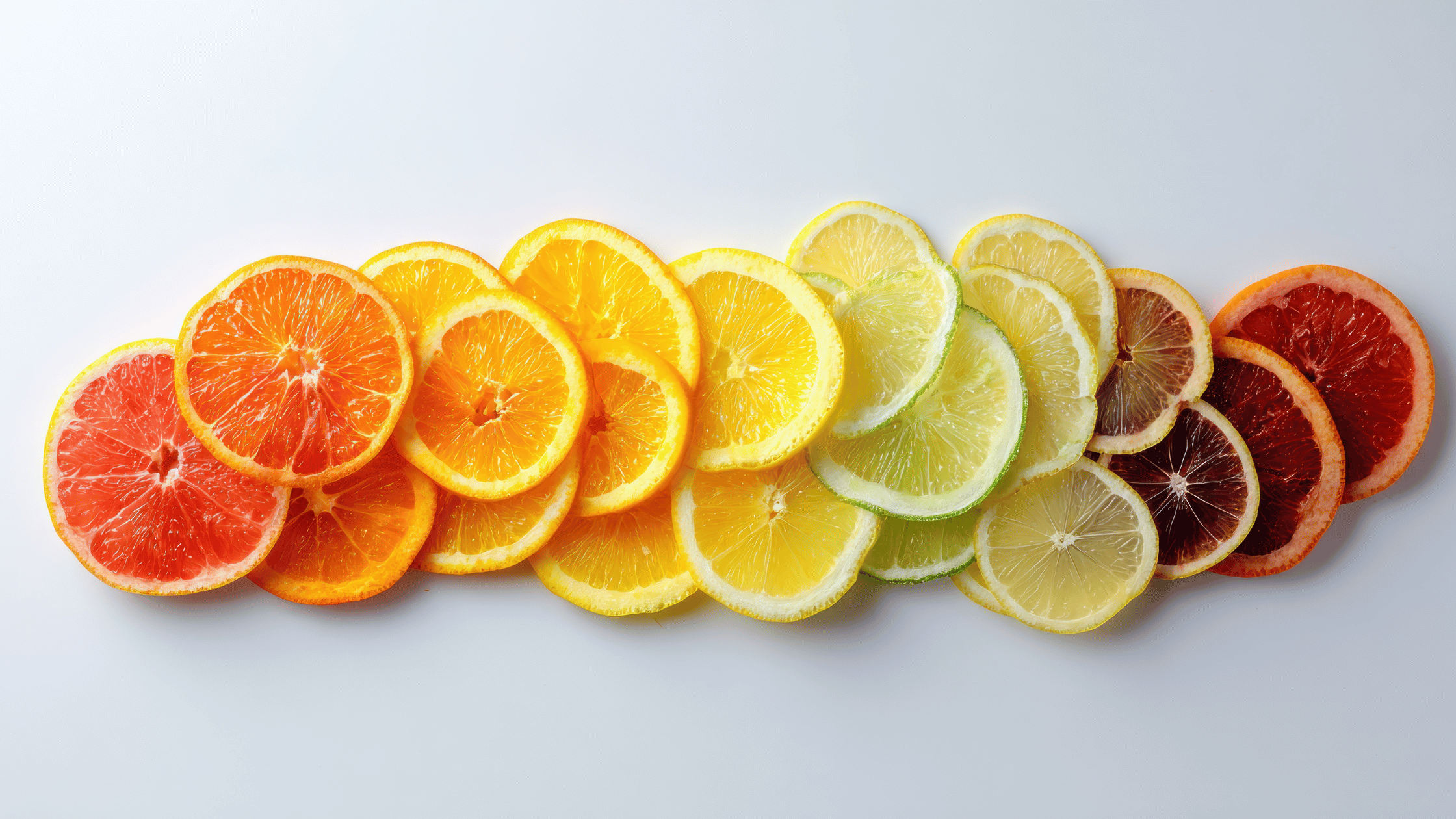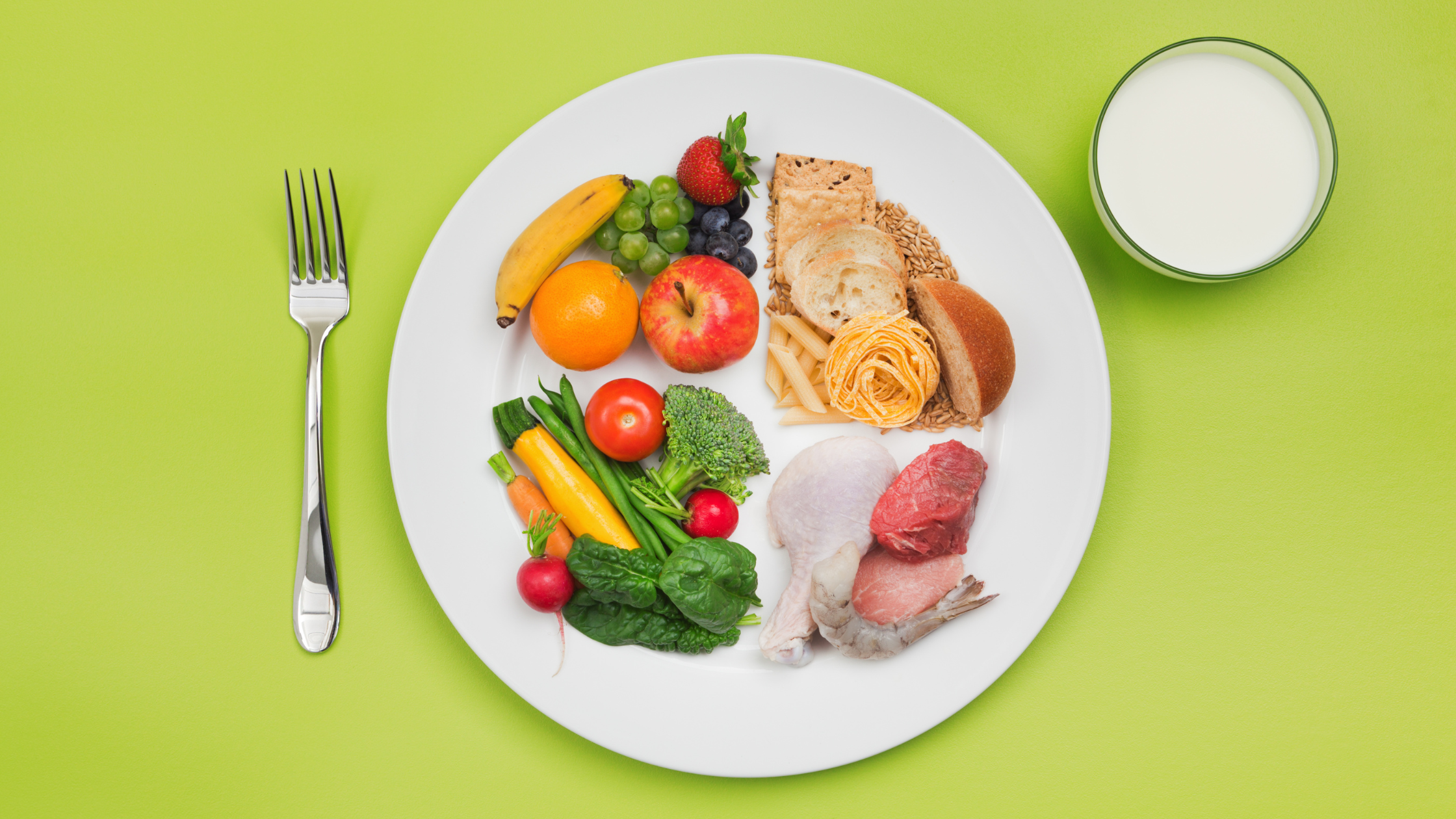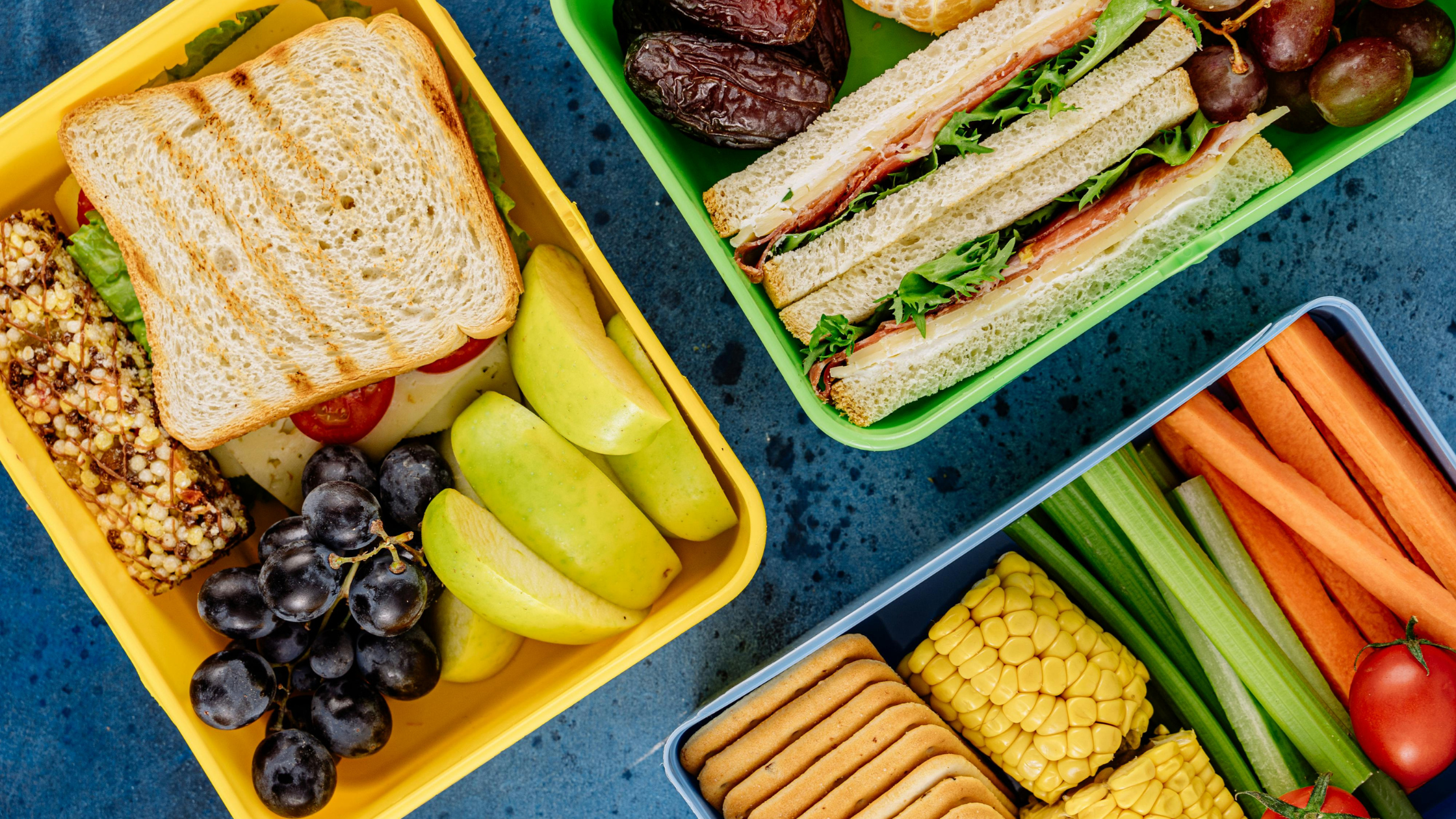Blog
Nutrition 101
Check out the resources below for delicious recipes, answers to common nutrition questions, and so much more!
How to Create a Sensory-Smart Kitchen for ADHD
Learn how to create a sensory-friendly kitchen with simple environment changes and texture strategies to make eating easier for ADHD brains.
When Anxiety Shows Up in Your Stomach: Understanding Gut-Driven Stress Responses
Learn how anxiety affects digestion, appetite, and gut health. Explore the gut-brain connection and gentle strategies to calm your nervous system.
Perimenopause & Menopause Digestion: Why Bloating, Constipation, and Reflux Increase
Digestive changes in perimenopause and menopause are common. Learn how hormones, stress, and sleep affect bloating, constipation, and reflux — and what helps.
Meal Timing Myths: Does When You Eat Really Matter?
Does meal timing really matter? Learn the science behind meal timing, intermittent fasting, breakfast skipping, and how to find an eating rhythm that supports energy and metabolism.
Eating When You’re Stressed, Sad, or Bored: Understanding Emotional Eating Without Shame
Emotional eating is a normal response to stress. Learn why emotional eating happens and how to cope with emotional eating without restriction or shame.
Sensory Burnout and Food Fatigue: When Even Your Favorite Foods Stop Working
Sensory burnout and food fatigue are common in ADHD. Learn to spot texture overload and meal fatigue—and gentle ways to rotate foods without overwhelm.
Probiotics vs. Prebiotics: What’s the Difference, and Do You Actually Need Them?
Learn the real differences between probiotics and prebiotics, when to use food or supplements, and how to choose high-quality options for better gut support.
What “Balanced Eating” Actually Looks Like (and Why It’s Not About Perfection)
Learn what balanced eating really means—beyond perfection or food rules. Discover flexible plate-building tips, mindset shifts, and gentle ways to include all foods without guilt.
Thyroid Health and Nutrition: Understanding the Link Between Hormones, Fatigue, and Metabolism
A research-based look at thyroid nutrition, fatigue, and metabolism—plus what the science really says about gluten, dairy, and supportive eating patterns.
Decision Fatigue and the ADHD Brain: How to Outsmart Mealtime Overwhelm
Struggle with mealtime indecision or skipped meals? Learn how decision fatigue affects the ADHD brain and practical dietitian-approved strategies to simplify eating and support focus.
Creating an Inclusive, Eating-Disorder-Informed Thanksgiving Table: A Guide for Hosts
Inclusive, weight-neutral guide for Thanksgiving hosts. Learn how to create a supportive, eating-disorder-informed table with flexible menus, gentle language, conversation prompts, and strategies to help every guest feel comfortable.
Understanding Acid Reflux & GERD: Common Food Triggers, Daily Habits, and What You Can Do to Feel Better
Learn how common foods, daily habits, and simple lifestyle changes can reduce acid reflux and GERD symptoms. An easy, approachable guide to feeling better.
Need Food Support? Here’s Where to Turn During the SNAP Crisis
If your SNAP benefits are delayed or reduced, help is available. Explore national and local nonprofit programs, food pantries, and free recipe resources to make meals more affordable.
Cortisol and Menopause: What You Need to Know
Cortisol shifts in menopause can affect mood, sleep, and weight. Explore evidence-based ways to support balance without extremes.
Intuitive Eating with ADHD: Finding Flexibility, Not Perfection
Living with ADHD? Intuitive eating can feel tricky—but it doesn’t have to. Learn how to adapt intuitive eating to fit your brain and support your nutrition.
Recovery Reads & Listens: A Curated Guide for Eating Disorders
Practical and inspiring recovery resources—books, blogs, and podcasts that provide guidance, compassion, and connection for eating disorder healing.
Breast Cancer & Nutrition: Finding a Flexible, Supportive Approach
A breast cancer diagnosis brings food questions. Here’s what research says about nutrition, weight, and healing—in a flexible, realistic way.
Macronutrients Explained: How Carbs, Protein, Fat & Fiber Help Your Body Thrive
Carbs, protein, fat, and fiber are essential for energy, digestion, and hormones. Learn how macronutrients work with your body—rooted in research and balance.
Step Away from the Protein Powder: Muscle & Balance in Menopause
Protein gets a lot of hype—but it’s not the only nutrient that matters in midlife. Learn how protein, movement, and balance support women’s muscle and bone health in perimenopause and menopause.
Simplify School Lunches: Dietitian-Approved Systems for Busy Families
Struggle with school morning chaos? Learn dietitian-approved lunch-packing systems that support executive function, reduce stress, and make meal prep easier for neurodivergent students and parents.
Chat with us
Not sure where to start? Schedule a discovery call and we can help.







